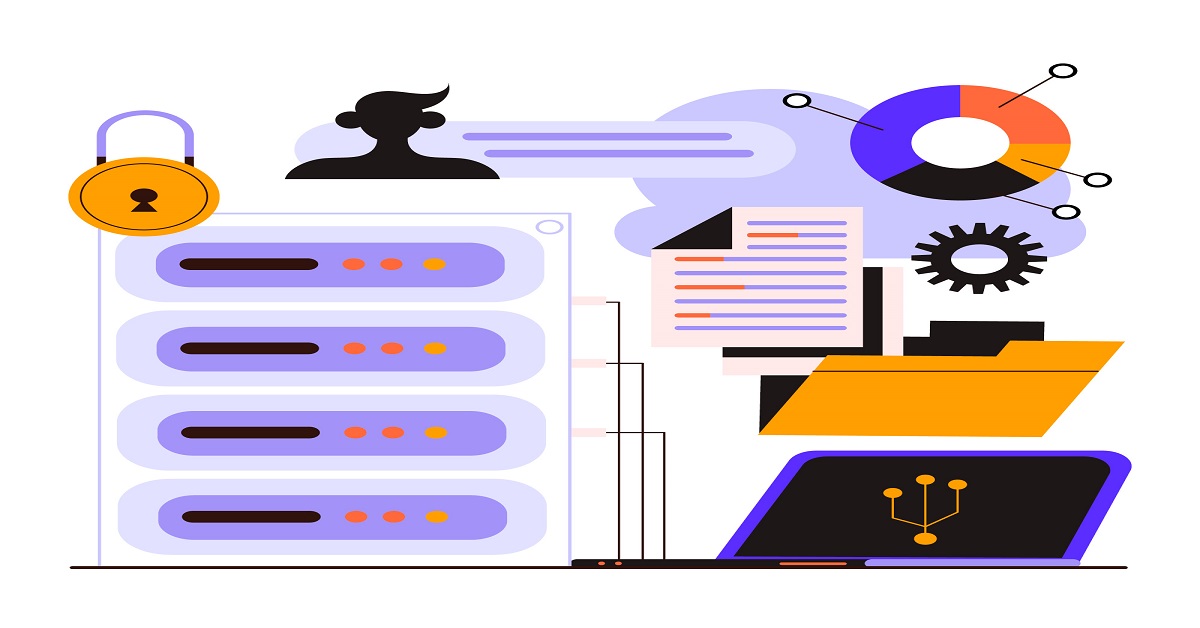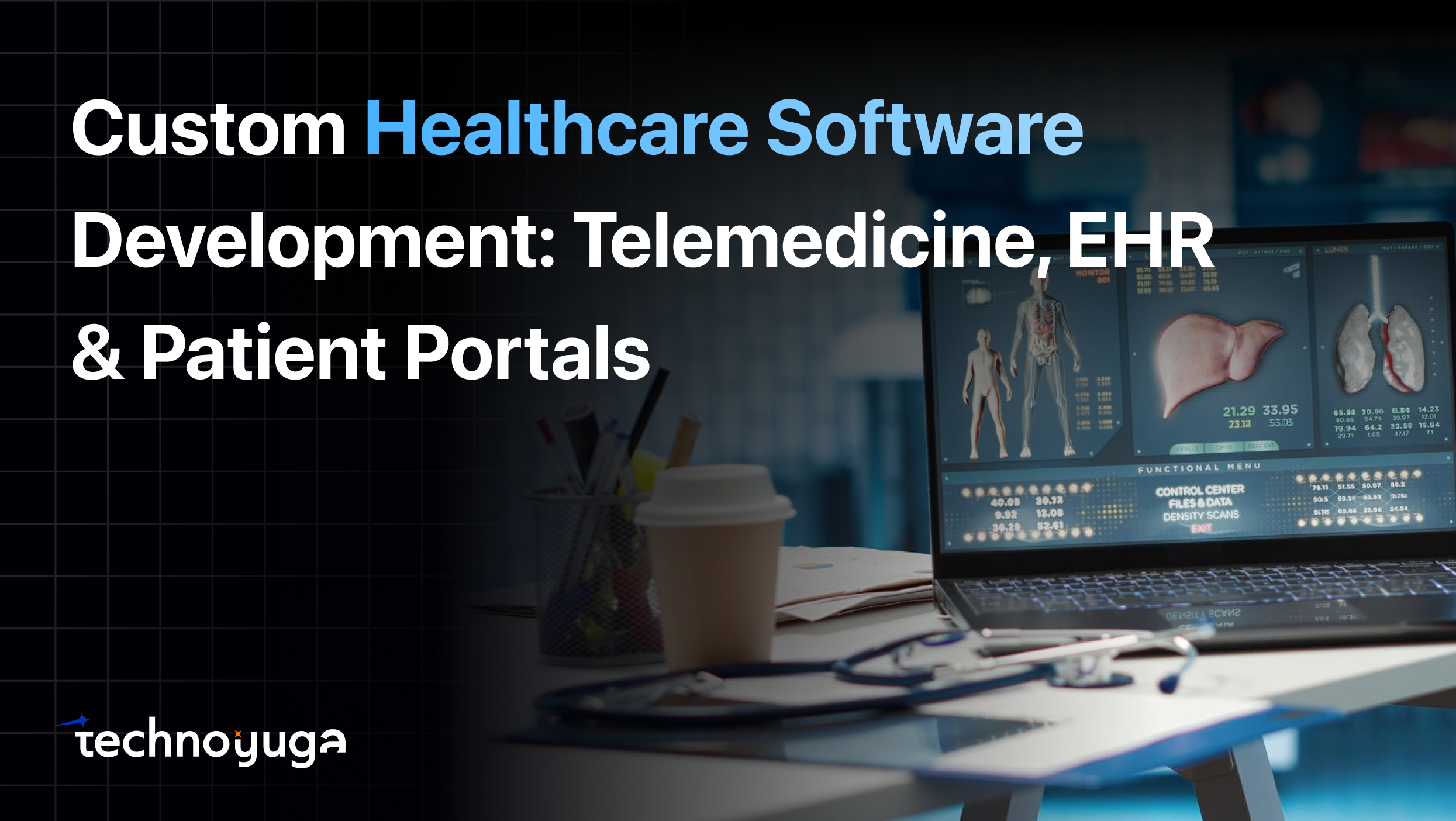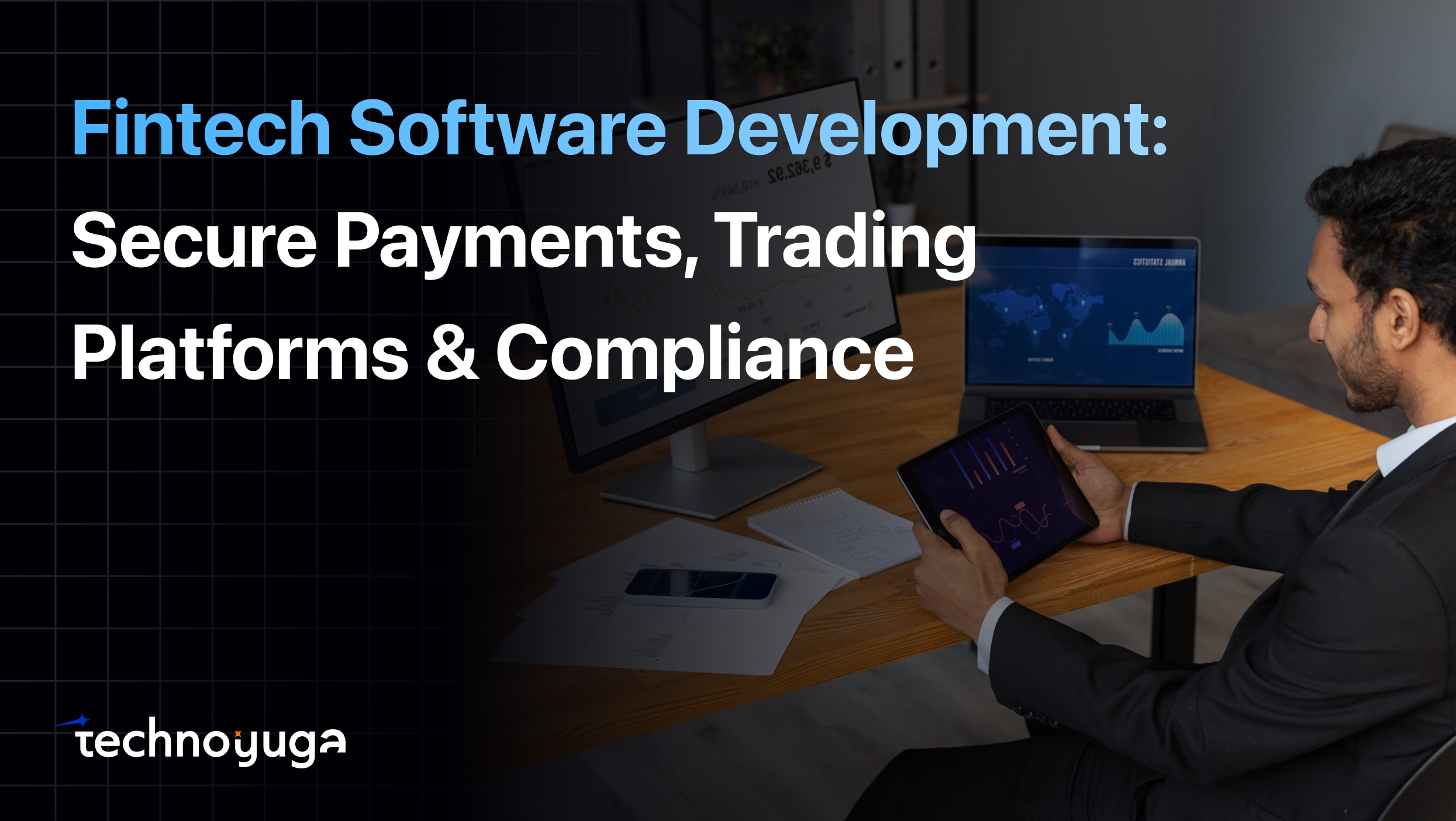As the digital landscape shifts toward decentralization, Web3 governance with DAOs (Decentralized Autonomous Organizations) has emerged as a groundbreaking evolution in how communities, protocols, and ecosystems are managed. Unlike traditional centralized systems, DAOs and decentralized decision-making empower individuals through transparent, code-driven processes. At the heart of blockchain governance, DAOs are redefining how decisions are proposed, voted on, and executed, marking a significant shift in power dynamics across the digital realm.
From DAO governance models to DAO voting systems in Web3, these innovative frameworks leverage smart contracts for DAO governance to ensure that trust is placed in code rather than intermediaries. This has paved the way for community-driven governance in Web3, where users actively shape the future of the platforms they use. Understanding how DAOs work in blockchain governance is crucial for developers, entrepreneurs, and anyone participating in the decentralized economy.
With the rise of blockchain app development companies, including those specializing in DAO Blockchain Development, the ecosystem now offers a diverse range of solutions tailored for both startups and enterprises. Whether you’re looking to hire blockchain developers, hire Web3 developers, or even explore the blockchain app development cost, partnering with a reputed DAO development company or mobile app development company can provide the necessary expertise and support.
In this blog, we’ll explore the role of DAOs in Web3 governance, how they influence decentralized ecosystems, and compare DAO vs traditional governance models. We’ll also highlight some of the best DAOs for decentralized governance and provide insights into the future of DAOs in blockchain governance. Whether you’re seeking to build a DAO from scratch or simply understand its impact, this guide will serve as a comprehensive starting point.
What is a DAO?
A DAO, or Decentralized Autonomous Organization, is a blockchain-based entity that operates without a central authority. Governed by smart contracts and run by community members, a DAO allows for decentralized decision-making through transparent and automated processes.
At its core, a DAO is a set of rules encoded on the blockchain—typically Ethereum or another smart contract platform—that dictates how the organization functions. These rules manage everything from fund allocation to proposal submissions and voting mechanisms. Instead of a CEO or board of directors, decisions are made collectively by token holders who participate in the governance process using DAO voting systems in Web3.
DAOs are a key innovation in the Web3 governance space, offering a more democratic alternative to traditional hierarchical models. Their ability to operate autonomously and adapt to community input makes them a powerful tool for managing decentralized protocols, communities, and even businesses.
In short, DAOs are the building blocks of decentralized governance—paving the way for more inclusive, transparent, and tamper-resistant ecosystems.
Traditional Governance vs DAO-based Governance
The emergence of DAOs in Web3 governance has challenged long-standing organizational structures by introducing a decentralized alternative to how decisions are made, funds are managed, and communities are led. Let’s break down the key differences between traditional governance models and DAO-based governance:
| Aspect | Traditional Governance | DAO-based Governance |
| Structure | Centralized, hierarchical (board of directors, executives, managers) | Decentralized, flat, community-driven |
| Decision-making | Handled by a few individuals or stakeholders | Collective voting by token holders using DAO voting systems in Web3 |
| Transparency | Often limited; decisions may happen behind closed doors | Fully transparent; proposals, votes, and rules are visible on-chain |
| Rules and Processes | Governed by legal contracts and company policies | Governed by smart contracts for DAO governance deployed on blockchain |
| Trust Mechanism | Trust in leadership and institutions | Trustless systems—code executes automatically, reducing human error or bias |
| Accessibility | Limited to insiders, investors, or executives | Open participation for community members with governance tokens |
| Operational Speed | Slower due to bureaucracy | Faster execution through automated smart contracts |
| Security and Accountability | Prone to manipulation, corruption, or delays | High accountability; all actions recorded on blockchain |
| Costs | Requires administrative overhead and legal fees | Lower overhead, but technical development has its own blockchain app development cost |
| Adaptability | May struggle with rapid changes | Agile; community can propose and vote on changes in real-time |
While traditional models still dominate most industries, the DAO vs traditional governance comparison reveals why many blockchain-native projects and startups are moving towards community-driven governance in Web3. DAOs offer a more inclusive, transparent, and efficient way of managing digital organizations.
Thinking of building or integrating a DAO into your platform? Partnering with a trusted DAO development company or a blockchain development company can help you implement the right governance structure for your needs.
The Mechanisms of DAO Governance
DAO governance models are built on a set of decentralized mechanisms that allow participants to collaboratively manage decisions, allocate resources, and evolve protocols—all without relying on centralized leadership. These mechanisms are the backbone of Web3 governance with DAOs, ensuring that power is distributed, actions are transparent, and rules are enforced through code.
Here are the key mechanisms that drive DAO governance:
-
Smart Contracts for DAO Governance
At the core of every DAO are smart contracts—self-executing programs deployed on a blockchain. These contracts define the rules of the DAO, including how proposals are submitted, how votes are counted, and what happens once a decision is approved. Once deployed, they operate autonomously, reducing human error and increasing trust.
-
Governance Tokens
Governance tokens give holders the right to participate in the decision-making process. Token holders can vote on various matters such as protocol upgrades, funding proposals, and even leadership roles. The more tokens you hold, the more weight your vote typically carries—though some DAOs experiment with quadratic or reputation-based voting to avoid plutocracy.
-
DAO Voting Systems in Web3
Voting is a key component of decentralized decision-making. Common voting models include:
- Simple majority (51% approval)
- Quorum-based voting (a minimum number of votes must be cast)
- Quadratic voting (balances voting power)
- Reputation-based voting (based on contributions rather than token holdings)
Each DAO chooses a system that best suits its mission and community values.
-
Proposal Submissions
Any member or token holder can usually submit a proposal for change—be it funding a new project, amending rules, or launching new initiatives. These proposals are reviewed and voted upon by the community. Best DAOs for decentralized governance typically have active proposal pipelines and engaged communities to drive progress.
-
Treasury Management
Most DAOs manage a treasury—a pool of funds held in a smart contract. Governance participants can vote on how these funds are spent, whether it’s for development, marketing, or partnerships. This ensures full transparency and community control over financial decisions.
-
Delegation and SubDAOs
Some DAOs use delegation models, where token holders assign their voting power to trusted individuals. Others use SubDAOs, smaller units within a larger DAO, to manage specific areas like development, grants, or community management—enhancing scalability and focus.
-
On-chain vs Off-chain Voting
- On-chain voting is recorded directly on the blockchain and is fully transparent.
- Off-chain voting (e.g., using Snapshot) allows for faster and cheaper polling but requires off-chain coordination for execution.
The combination of both is common in hybrid Web3 governance mechanisms.
These governance mechanisms form the foundation of truly decentralized organizations. Whether you’re a founder looking to launch a DAO, or a builder aiming to contribute, understanding these systems is key to effective participation in the DAO blockchain development space.
Looking to implement these governance mechanisms? A DAO development company or a blockchain app development company can help you choose the right tools and frameworks. You can even hire dedicated developers with DAO experience to build custom governance layers tailored to your project.
Benefits of DAO Governance in Web3
As the world shifts toward decentralized systems, DAO governance has become a powerful pillar of the Web3 ecosystem. By enabling community-driven governance in Web3, DAOs are transforming how projects are built, managed, and evolved. Here are some of the key benefits that DAO-based governance models offer over traditional structures:
1. Decentralized Decision-Making
DAOs eliminate the need for centralized leadership. Instead of a select few making decisions behind closed doors, Web3 governance with DAOs empowers the community to shape the direction of a project. This inclusivity ensures that no single entity can monopolize control, leading to fairer and more democratic ecosystems.
2. Transparency and Trust
Every action in a DAO—whether it’s a proposal, a vote, or a fund transfer—is recorded on the blockchain. This level of transparency builds trust among participants and reduces the risk of corruption or mismanagement, something often lacking in traditional governance models.
3. Global Participation
Anyone, anywhere, can participate in DAO governance by holding tokens. This opens up governance to a global audience, enabling diverse perspectives and fostering innovation. DAO governance models ensure that geographical barriers no longer limit who gets a say in project development.
4. Efficiency through Automation
Using smart contracts for DAO governance, many administrative tasks (like vote counting or fund disbursement) are automated. This reduces manual errors, speeds up operations, and lowers costs compared to traditional bureaucratic processes.
5. Community Ownership
DAOs create a strong sense of community ownership. Contributors, developers, and users all have skin in the game, which encourages active participation and loyalty. Projects that embrace DAO development often see higher engagement and stronger brand alignment.
6. Enhanced Security and Accountability
DAO structures are governed by immutable code and public consensus. Since decisions require community approval and are executed via smart contracts, there’s less room for unauthorized actions or internal fraud. DAO voting systems in Web3 ensure collective oversight and accountability.
7. Scalability and Modularity
Modern DAOs often employ SubDAOs and modular frameworks, making it easier to manage large, complex projects without losing focus. This layered approach allows communities to grow and scale organically.
8. Innovation and Experimentation
With lower barriers to proposal submission and experimentation, DAOs encourage innovation. Communities can test ideas rapidly, iterate based on feedback, and pivot without needing permission from executives or shareholders.
9. Lower Operational Costs
Although there’s an initial blockchain app development cost, DAOs eliminate many recurring expenses tied to traditional companies, such as office space, legal administration, and middle management. This makes them a lean, efficient alternative—especially attractive to startups.
10. Alignment with Web3 Principles
DAOs embody the ethos of Web3: decentralization, autonomy, and community empowerment. They are the ideal governance layer for blockchain-native projects, DeFi protocols, NFT communities, and metaverse platforms.
Challenges Faced by DAOs
While DAOs in Web3 governance offer numerous advantages, they’re not without challenges. As a relatively new and evolving model, Decentralized Autonomous Organizations in Web3 face several technical, social, and legal hurdles that can hinder their effectiveness. Understanding these challenges is crucial for developers, founders, and communities considering DAO implementation.
1. Low Voter Participation
One of the most persistent issues in DAO governance models is voter apathy. Even with accessible DAO voting systems in Web3, many token holders don’t actively participate in decision-making, which can result in unrepresentative outcomes or governance controlled by a small subset of participants.
2. Whale Domination
Since voting power is often tied to token holdings, individuals or entities with large token balances—commonly referred to as “whales”—can exert disproportionate influence. This undermines the democratic spirit of community-driven governance in Web3 and can discourage smaller participants.
3. Smart Contract Vulnerabilities
Smart contracts for DAO governance are powerful but not foolproof. Bugs or security flaws in the code can be exploited, as seen in the infamous 2016 DAO hack. Without rigorous audits and updates, DAOs remain exposed to critical risks.
4. Scalability Issues
As DAOs grow, decision-making can become slower and more complex. Managing large communities with diverse interests often leads to governance gridlock. SubDAOs and delegation can help, but scaling a truly decentralized model remains a challenge.
5. Lack of Legal Clarity
Many jurisdictions still don’t recognize DAOs as legal entities, making regulatory compliance a gray area. Questions about liability, taxes, intellectual property, and enforcement create uncertainty for participants and investors, especially those engaging with a DAO development company for real-world applications.
6. Coordination Complexity
Without centralized leadership, aligning a community around shared goals can be tough. While decentralization promotes inclusivity, it can also slow down urgent decisions or make it harder to coordinate across a large number of contributors.
7. Incentive Misalignment
Designing a system where incentives align for all participants is challenging. Without proper tokenomics and contribution rewards, DAOs risk losing engagement and momentum—particularly among developers, moderators, and contributors.
8. Technical Barriers
Participating in a DAO often requires basic blockchain knowledge, wallet setup, and interaction with governance interfaces. These technical hurdles can alienate non-technical users and hinder wider adoption unless addressed by UX improvements from a blockchain app development company.
9. Limited Flexibility
Because DAO rules are coded into smart contracts, making rapid or emergency changes can be difficult. In fast-changing environments, this rigidity can become a liability.
10. Sybil Attacks and Identity Issues
In permissionless DAOs, it’s hard to verify if participants are genuine or just bots/fake accounts. Without proper identity layers, DAOs are vulnerable to Sybil attacks where one actor controls many identities to manipulate outcomes.
Real-world Examples & Use Cases
Real-world Examples & Use Cases of DAOs
As Web3 continues to mature, DAOs have evolved from experimental concepts into functional, community-led organizations that are actively transforming industries. From finance and art to gaming and open-source development, DAO governance models are being deployed in real-world scenarios to solve real-world problems.
Here are some of the most notable real-world examples of DAO governance and their practical use cases in the Web3 ecosystem:
1. Uniswap DAO – Protocol Governance in DeFi
Uniswap, a leading decentralized exchange, uses its UNI token to empower users to propose and vote on protocol changes, fee structures, and liquidity mining programs. It is a strong example of Web3 governance mechanisms where token holders actively shape the platform’s evolution.
2. MakerDAO – Decentralized Stablecoin Ecosystem
MakerDAO governs the DAI stablecoin, with MKR token holders managing collateral parameters, interest rates, and risk policies. It showcases how decentralized autonomous organizations in Web3 can maintain complex financial ecosystems transparently and autonomously.
3. Aave DAO – Lending Protocol Governance
Aave DAO governs one of the largest DeFi lending platforms. Community members vote on protocol upgrades, new asset listings, and treasury management. Its governance model is a benchmark for DAO voting systems in Web3.
4. Aragon – DAO Infrastructure Provider
Aragon provides the tools and framework for creating and managing DAOs. It’s used by various projects that rely on customizable governance modules. As a DAO itself, Aragon is an example of how a DAO development company can also operate within a DAO structure.
5. PleasrDAO – NFT and Digital Asset Collective
PleasrDAO is a collective that acquires and manages high-value NFTs and digital assets. Members vote on acquisitions, usage rights, and asset management strategies, proving that DAOs and decentralized decision-making extend beyond finance into art and culture.
6. Gitcoin DAO – Funding Open-source Projects
Gitcoin DAO distributes funds to open-source projects through community voting and quadratic funding. This model supports innovation in the Web3 space while fostering a sense of collective responsibility and transparent funding.
7. Decentraland DAO – Virtual World Governance
In Decentraland, users control platform development and virtual land decisions through a DAO. This represents a pioneering use of DAO blockchain development in the metaverse and digital real estate management.
8. MolochDAO – Ethereum Ecosystem Grants
MolochDAO was one of the earliest DAOs focused on funding Ethereum infrastructure. It uses a simple, minimalistic smart contract framework and has inspired dozens of spin-offs with similar grant-giving missions.
Use Cases Across Industries
| Industry | DAO Use Case Example |
| Finance (DeFi) | Lending protocols, DEX governance, stablecoin systems |
| Gaming | Player-owned game economies, asset governance |
| Art & NFTs | Collective NFT investment, artist royalties |
| Philanthropy | Transparent donations, community-selected grants |
| Open-source Software | Funding, maintenance, contributor rewards |
| Metaverse | Land use policy, platform upgrades, community control |
| Creator Economy | Community ownership of content and monetization rights |
| Infrastructure | Protocol updates, research funding, tooling support |
What is The Future of DAOs in Web3
The evolution of Decentralized Autonomous Organizations in Web3 is reshaping not only how digital communities operate but also how governance is envisioned in the internet’s next era. While still a developing concept, DAOs are poised to become a foundational element of Web3 governance mechanisms, influencing everything from finance and gaming to social platforms and real-world enterprises.
Mainstream Adoption and Legal Recognition
As regulators worldwide begin to understand the power and potential of DAOs, we can expect clearer legal frameworks and jurisdictional recognition. Some states, like Wyoming in the U.S., have already started acknowledging DAOs as legal entities. This paves the way for broader adoption by businesses and institutions that were previously hesitant to engage with blockchain governance due to legal ambiguity.
Interoperable and Modular DAO Frameworks
The future of DAO development lies in composability—DAOs will become more interoperable, modular, and customizable. Platforms like Aragon, DAOstack, and Colony are already enabling projects to build plug-and-play governance systems. This evolution will make it easier for startups, communities, and organizations to launch DAOs without writing everything from scratch, reducing blockchain app development cost and complexity.
Advanced Governance Models and AI Integration
Next-generation DAO governance models will incorporate sophisticated mechanisms like reputation-based voting, futarchy (prediction markets for decision-making), and AI-driven proposal evaluation. These innovations will enhance governance efficiency, reduce bias, and increase the quality of community decisions.
Decentralized Governance for Traditional Organizations
Even traditional enterprises may adopt DAO-style governance for internal decision-making, shareholder voting, or resource allocation. By partnering with a DAO development company or mobile app development company skilled in Web3, legacy businesses can experiment with partial decentralization to foster transparency and stakeholder engagement.
Seamless User Experience
To bring DAOs to the masses, the user experience must improve. We’ll likely see user-friendly wallets, gasless transactions, intuitive voting interfaces, and integrations with existing digital tools. These upgrades will help remove technical barriers, allowing more users to engage with DAO voting systems in Web3.
Integration with Real-world Assets and Services
Future DAOs will extend beyond digital-native assets to manage and govern real-world resources—like real estate, supply chains, and service platforms. Tokenized ownership and blockchain-backed governance will enable more transparent and community-led asset management at scale.
Rise of DAO-as-a-Service (DaaS)
Just as Software-as-a-Service revolutionized business operations, DAO-as-a-Service will become a standard offering. Companies will be able to hire blockchain developers or partner with a blockchain app development company to launch fully managed DAO solutions tailored to their specific use cases.
Empowerment of Global Communities
DAOs will continue to empower global communities to build, fund, and govern projects without borders or intermediaries. This will be especially impactful in developing regions, where access to traditional financial and legal systems is limited.
Conclusion
DAOs are transforming Web3 governance by enabling transparent, decentralized, and community-led decision-making. From DeFi to digital art and beyond, DAOs offer innovative alternatives to traditional governance. As technology matures, they will redefine organizational models across industries—empowering people, not just platforms, to lead.
By leveraging the expertise of a reliable DAO development company or blockchain app development company, startups and enterprises alike can build scalable, secure, and future-ready governance solutions. DAOs are not just the future of Web3—they’re the infrastructure of a more open and inclusive digital economy.
FAQs
1. What is a DAO in Web3 governance?
A DAO, or Decentralized Autonomous Organization, is a community-led entity with no central authority, governed by smart contracts and token-based voting. It plays a central role in managing decision-making in decentralized Web3 ecosystems.
2. How do DAO voting systems work?
DAO voting systems typically allocate votes based on token ownership. Members propose initiatives or protocol changes, and token holders cast votes to accept or reject them. Smart contracts automatically execute approved proposals based on predefined rules.
3. What are the benefits of using DAOs for governance?
DAOs enable transparent, trustless governance, reduce bureaucracy, and promote community-driven decisions. They enhance accountability and lower administrative overhead, allowing decentralized projects to operate autonomously and efficiently in a collaborative, permissionless environment.
4. What are the main challenges DAOs face today?
DAOs face low voter participation, security vulnerabilities, regulatory uncertainty, and scalability issues. Coordination and incentive design also remain challenging, requiring innovative governance models and technical solutions to ensure resilience and long-term community engagement.
5. How can a company start building a DAO?
Companies can build a DAO by partnering with a blockchain or DAO development company. Developers design smart contracts, governance mechanisms, and user interfaces, ensuring compliance, scalability, and security from ideation to deployment and ongoing support.








